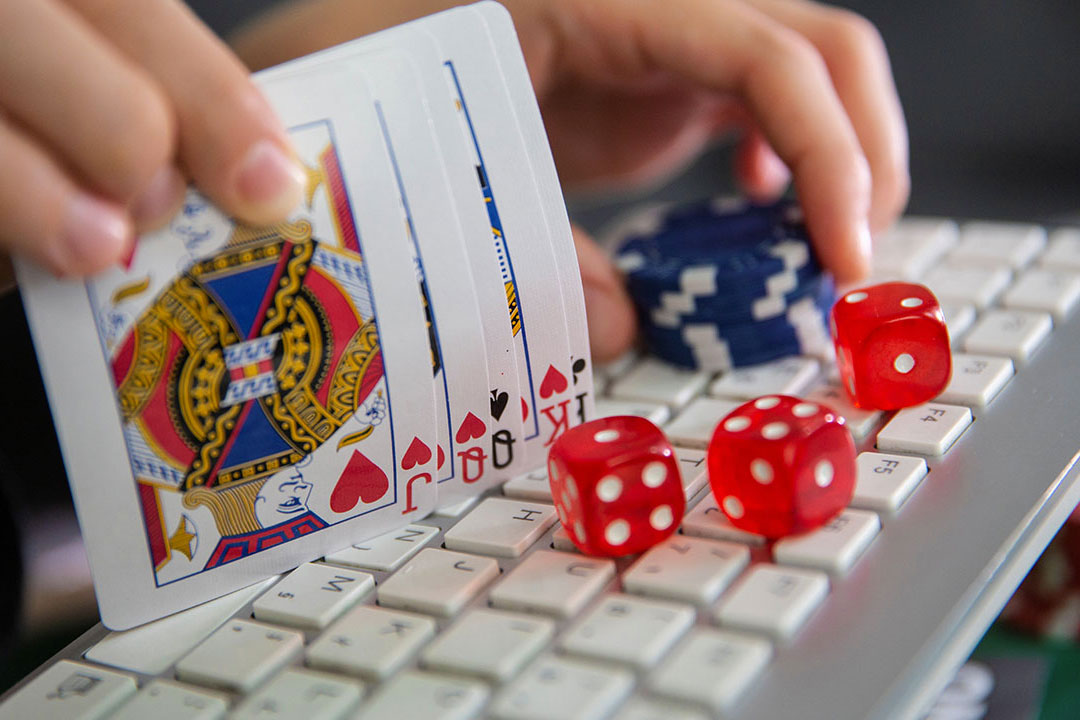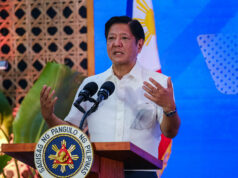
THE PHILIPPINE Senate will begin its investigation into online gambling amid calls to either ban or regulate the platforms.
In a statement on Sunday, Senator Erwin T. Tulfo, who heads the Games and Amusement committee, said that the Senate is set to tackle online gambling on Aug. 14.
“On Thursday, the bills on online gambling will be heard… I made a commitment to prioritize these bills because the problem is getting worse. It’s a crisis now. So, we really need to take action, to solve this problem,” Mr. Tulfo said in mixed Filipino and English.
Officials from the Philippine Amusement Gaming Corporation (PAGCOR) and the Department of Finance (DOF) are expected to attend the Senate inquiry, he added. The Senate panel will tackle four bills and three resolutions, and a privilege speech on the ill effects of the online gambling industry.
“Our problem is, we were not ready. There is no regulation, so people gamble without restraint. There is no control over how much to bet… children are not able to gamble too,” he added.
Several bills aiming to regulate or ban online gambling are pending in the Senate amid calls from civil society groups and other lawmakers who raised concerns over the proliferation of digital gambling platforms, citing addiction and mounting debt among vulnerable communities, particularly the youth.
Other proposed measures on online gambling include prohibiting promotions, advertisements, and its linking to electronic wallets.
“You have to weigh it, right? This is your income, but this is also a social ill, right? The problem is that people are becoming addicted to gambling. How can that be, right? What is important?” he asked.
“Is income more important than the future of the people, the youth, the parents who are addicted to gambling?” Mr. Tulfo further asked.
Last week, the Philippine central bank said that it is finalizing new rules to mitigate gambling-related harm by strengthening financial safeguards across banks, e-wallets, and payment platforms.
The Bangko Sentral ng Pilipinas (BSP) said it was proposing safeguards to include biometric ID checks, daily transaction limits, time-based payment restrictions, and user tools for spending caps, voluntary breaks, and self-exclusion for gaming sites.
The BSP said the proposed measures would curb addiction, fraud, and financial harm while encouraging responsible use of digital finance.
The overall gaming industry booked P215-billion gross gaming revenue in the first half, with P93.36 billion generated by integrated resorts, according to PAGCOR. — Adrian H. Halili



